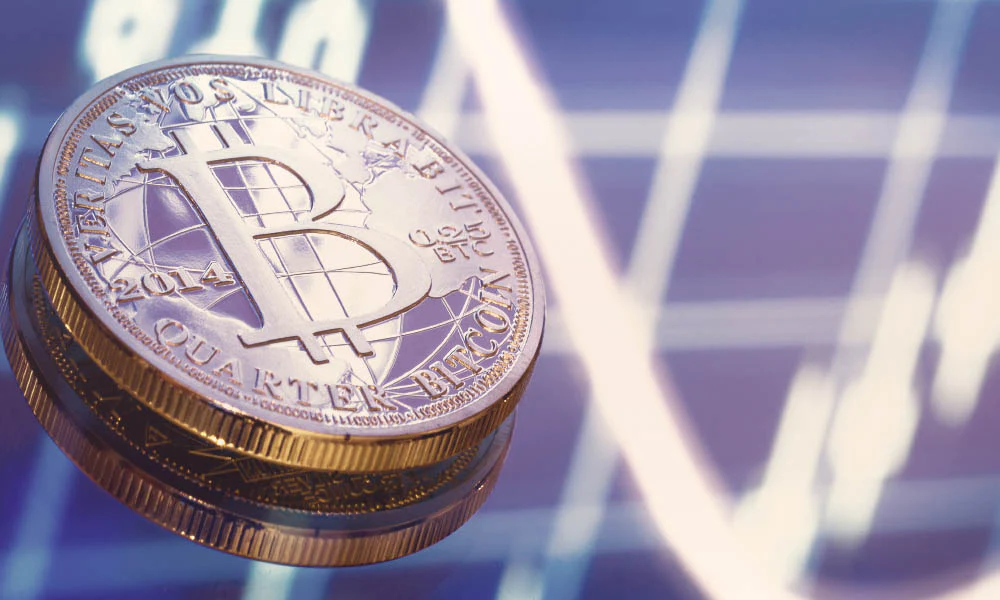The world of finance is constantly evolving, and credit cards are at the forefront of this transformation. They have become an essential part of our financial lives, offering convenience, security, and rewards. However, as technology advances and consumer habits change, what can we expect from the future of credit cards?
The Rise of Technology-Driven Features
Credit cards are increasingly integrating technology to enhance user experience. Companies are focusing on developing features that offer more security, convenience, and personalization. Biometric authentication, such as fingerprint and facial recognition, is becoming more common, ensuring that transactions are not only faster but also more secure. Additionally, brianscrab are gaining popularity, offering a secure way to shop online without exposing your actual card details.
Another significant advancement is the incorporation of artificial intelligence (AI) and machine learning. These technologies help in fraud detection by analyzing spending patterns and identifying suspicious activities in real-time. They also enable personalized financial advice, suggesting spending habits or saving tips based on your behavior.
Contactless Payments and Mobile Wallet Integration
Contactless payments are not new, but their adoption has accelerated due to the pandemic. This trend is expected to continue, with contactless becoming the norm for in-store transactions. Credit cards are integrating more seamlessly with mobile wallets like Apple Pay, Google Pay, and Samsung Pay, allowing users to make payments with just a tap of their phone. This shift not only offers convenience but also reduces the need for physical cards, leading to a more digital-focused approach to credit card usage.
Sustainability and Social Responsibility
Sustainability is a growing concern, and credit card companies are responding by offering eco-friendly options. They are introducing cards made from recycled materials and partnering with environmental organizations to support sustainability initiatives. Moreover, some companies are offering rewards for sustainable purchases or investments in green projects, encouraging eco-conscious spending.
In terms of social responsibility, credit card companies are recognizing the importance of financial inclusivity. They are developing products and services aimed at underserved communities, offering fairer access to credit and financial education. This not only helps in building a more inclusive financial ecosystem but also expands their market reach.
Evolving Rewards and Benefits
The traditional rewards system of earning points or cash back on purchases is evolving to meet changing consumer preferences. Companies are offering more flexible and diverse rewards programs, catering to a wider range of interests and lifestyles. For instance, travel rewards have expanded beyond flights and hotels to include experiences like adventure tours or culinary classes.
Moreover, credit card benefits are becoming more personalized. Companies are using data analytics to understand individual preferences and offer tailored rewards and perks. This personalization enhances customer satisfaction and loyalty, as users feel valued and understood.
Conclusion
The future of credit cards is shaped by technological innovation, a focus on sustainability and social responsibility, and the evolving needs of consumers. As we move towards a more digital and environmentally conscious world, credit cards will continue to adapt, offering more secure, convenient, and personalized financial solutions. This ongoing transformation ensures that credit cards remain a vital part of our financial toolkit, helping us navigate the complexities of the modern economy.






